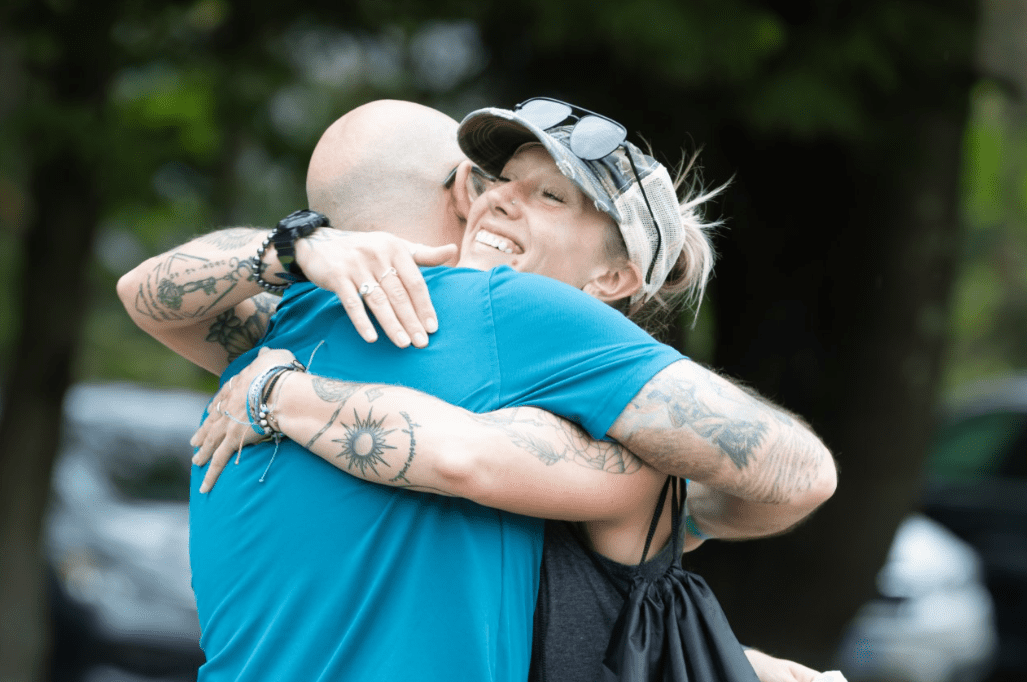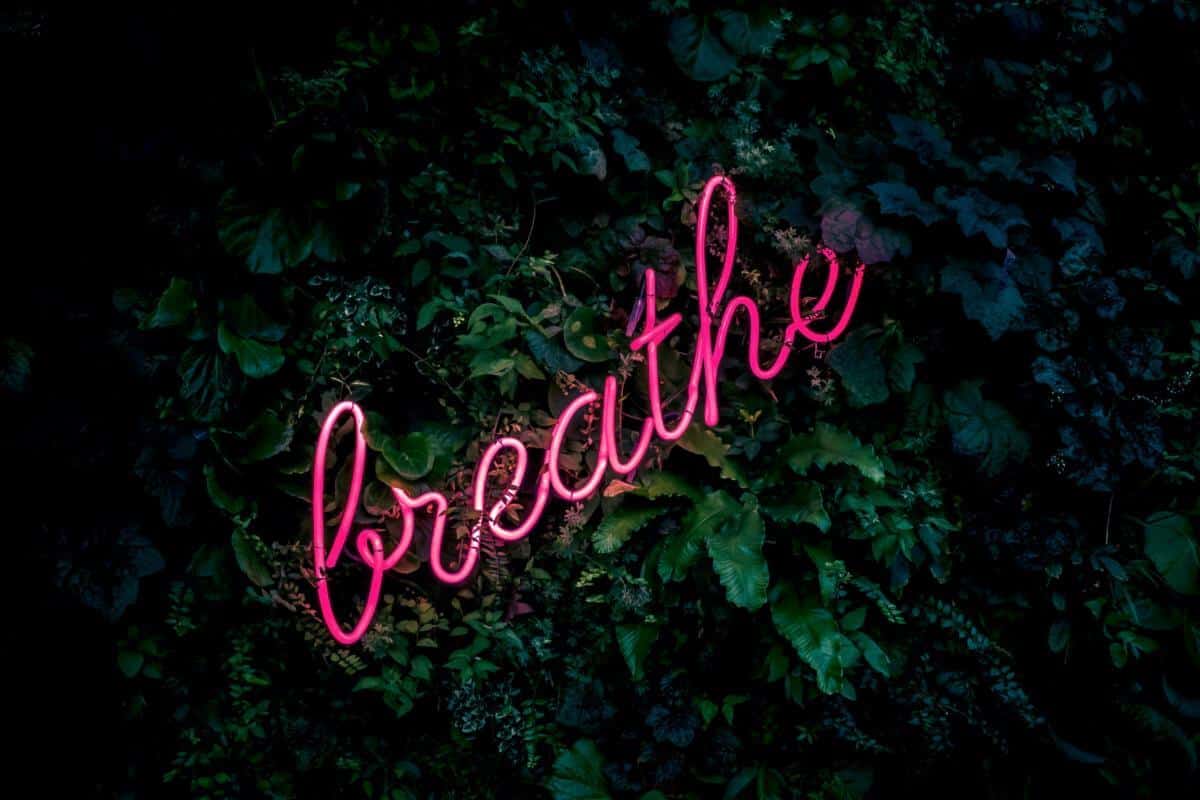“Chester, your pain, saved me from mine. Your darkness showed me that mine wasn’t the only one, that there were others. It helped me, you helped me,” wrote a Linkin Park fan on the band’s Facebook page just a few days after news of Chester Bennington’s suicide left his loved ones and millions of fans shocked and heartbroken.
Chester Bennington, the lead singer behind the hauntingly powerful lyrics of alternative rock band Linkin Park, took his life on July 20, 2017. His passing shook the music industry, and created an incredible amount of emotional outpour from friends, family, and fans who connected with the singer’s angst and pain-filled lyrics that stemmed from his difficult childhood.
From the early age of 11, Bennington turned to alcohol, cocaine, methamphetamine, LSD, and opium to numb himself to the trauma caused by sexual abuse he experienced as a child. Throughout his career, he was transparent about his struggles with addiction and depression, and used his public position to start a much-needed conversation about drug and alcohol misuse.
He always hoped that his honesty about his addiction would encourage others to speak up and seek help, as he did in 2006 when he decided to get sober. When discussing his struggles with addiction during an interview with The Guardian, Bennington said, “I’d become a person that wasn’t me. I’m a nice, friendly guy that was always stuck behind this monster that was really just a hurt kid.”
Bennington was proud of his sobriety, often saying, “It’s not cool to be an alcoholic…it’s cool to be a part of recovery.” But despite his success at recovering from addiction, Bennington continued to struggle with severe depression. In an interview earlier this year, he described his mind as “a bad neighborhood that I should not be walking alone,” which highlights the importance of reaching out for help.
As tragic as Bennington’s death is, he is not alone. An average of 117 suicides occur every day, with men at a higher risk due to substance abuse and cultural norms that shame being emotional. Despite being the tenth leading cause of death in the nation, we rarely see mentions of suicide in the media due to continuing stigma surrounding the subject of mental health. Bennington’s suicide calls much-needed attention to mental health, and reminds people that they’re not alone and that seeking help is okay.
Sometimes, those in recovery expect their pain and problems to finally fall away in sobriety, but that is not always the case. Ridding your body of harmful substances does not guarantee you everlasting happiness. Recovery entails more than avoiding use; it is about caring for your whole self – mind included.
Remember, whether you are struggling with substance abuse, mental illness, or suicide, there is always help and support available.
Suicide is 100 percent preventable. If you or a loved one is considering suicide, please call the National Suicide Prevention Lifeline at 1800-273-TALK (8255). This lifeline provides free support, 24 hours a day.
If you or a loved one is struggling with addiction, Mountainside can help.
Click here or call (888) 833-4676 to speak with one of our addiction treatment experts.

 By
By 






